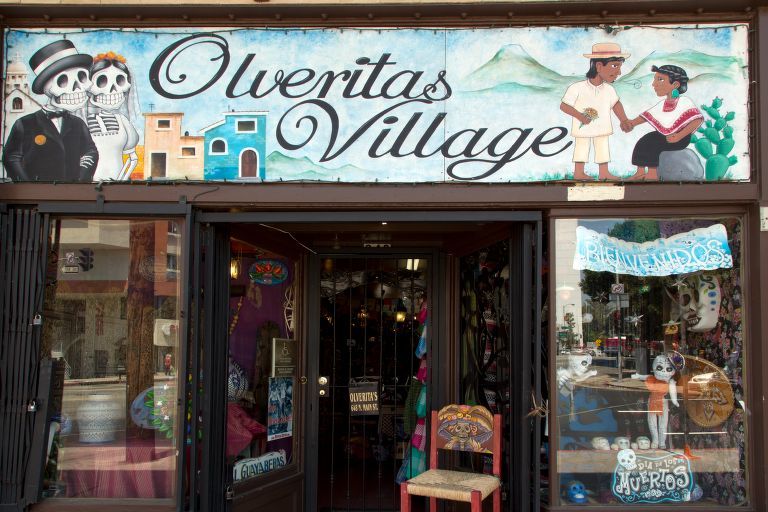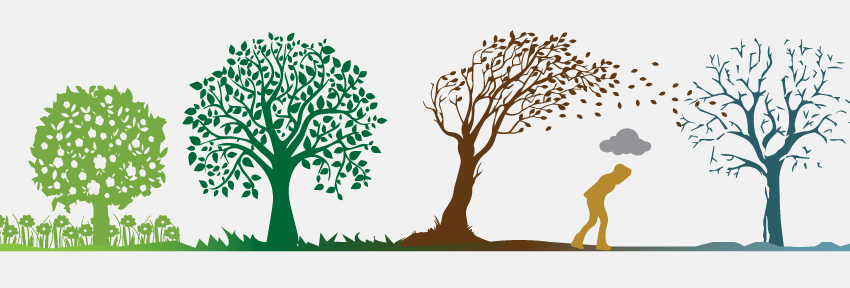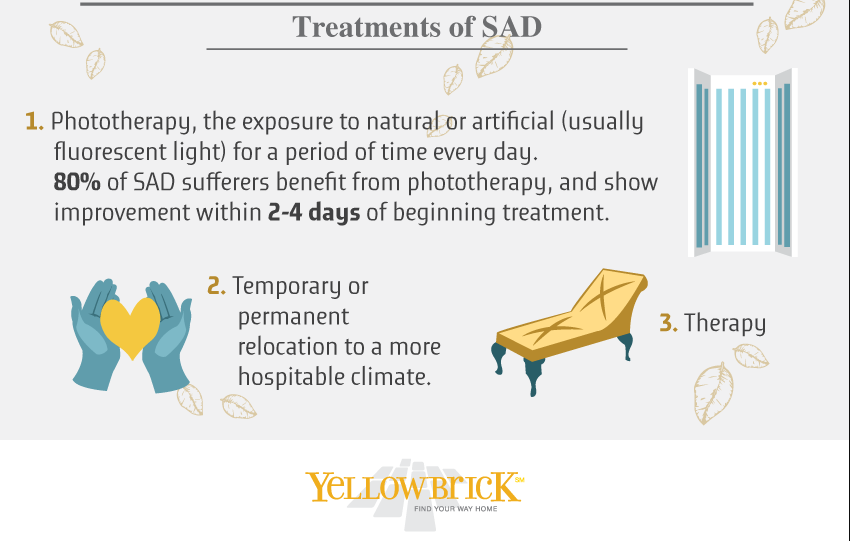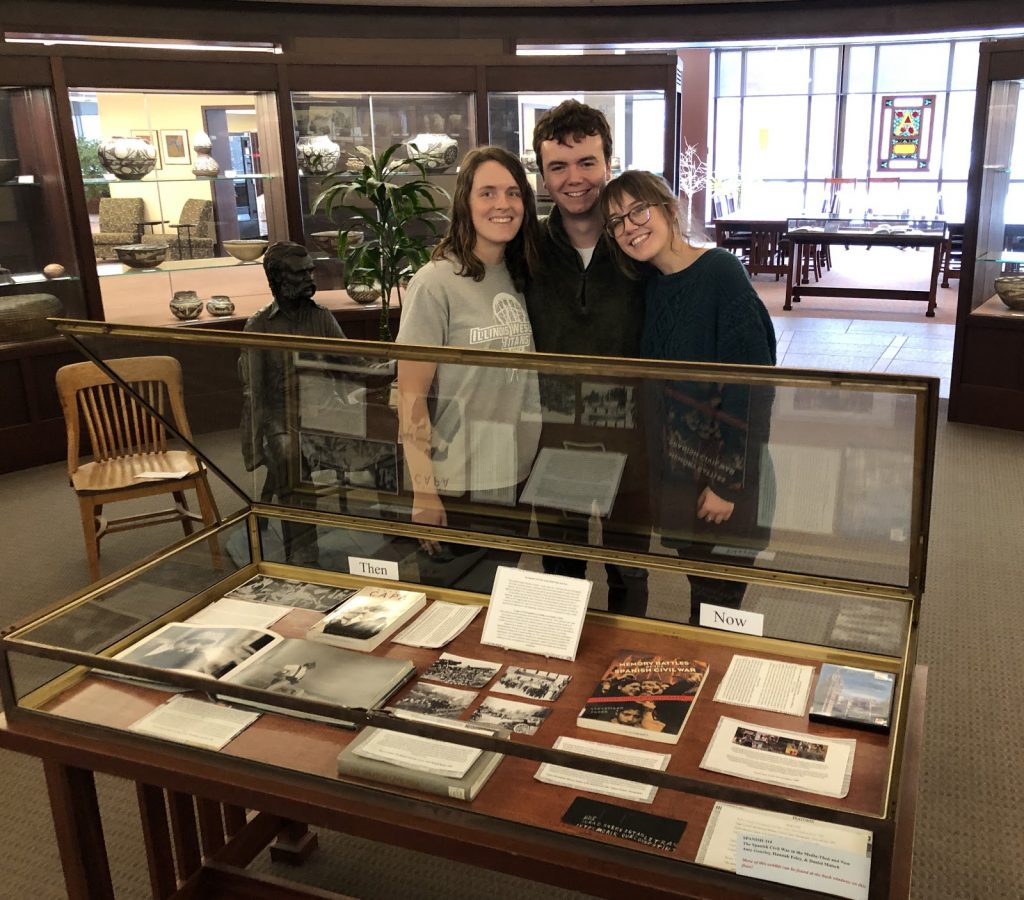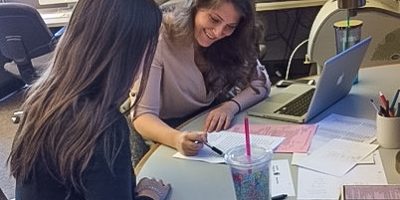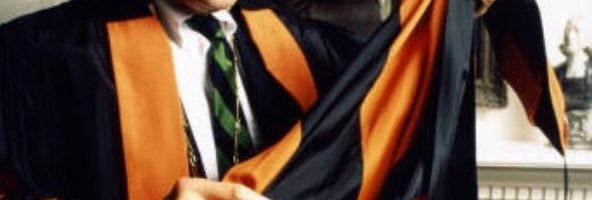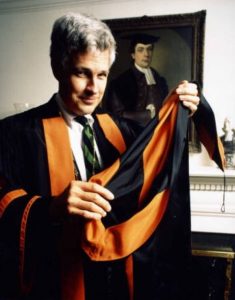
Welcome to our new students, Class of 2025, and welcome back to our returning Titans! We have news to share!
Our most exciting news is that we have a new library faculty colleague, Professor Abby Mann, who joins us as our new Online Learning Librarian. Abby will be working with the departments of English, Women’s and Gender Studies, World Languages & Cultures, and the School of Art, School of Music, School of Theatre Arts. She joins us from UNC-Pembroke, where she was an associate professor of English. Welcome, Abby!

Another welcome addition to the library is several of our colleagues from Information Technology Services, including our new CIO Leon Lewis, have moved into the library’s lower level offices. More to come about the location of the ITS Help Desk!
If you’ve been in the library recently, you’ve seen some of the changes we’ve made over the past year on the entry level to establish the Center for Engaged Learning on the east side of the entry level. New paint and new carpet were installed in early summer, and new furniture is in the process of being installed as I type. To highlight student art, we’ve moved several works of art from our Art Purchase Award collection to the entry level as well. I am hopeful we can have a celebration for the space later in September, when the furniture installation is complete.It’s been repainted and new carpet installed, and the library acquired “The Corner Office” from Lizette Toto, ’21 for the west side of the entry level. It is gorgeous, and complements the space perfectly.
We’ve enjoyed two events welcoming faculty back to campus – the Scholarship & Creative Work Celebration, and the New Faculty Orientation. It was great to see our colleagues, catch up, and not say “You’re on mute” during our conversations. We’re also planning a faculty panel that will feature the faculty who received Open Educational Resources (OER) Exploration Grants last summer, and the reports detailing their work will be available on Digital Commons soon.
A few services have returned to pre-COVID operations – print reserves are available again, we are open our regular hours, and we no longer quarantine materials after they are returned. We chose to retain access to several ebook and streaming video resources acquired through our consortium since they proved to be useful and valuable additions to our suite of resources.


